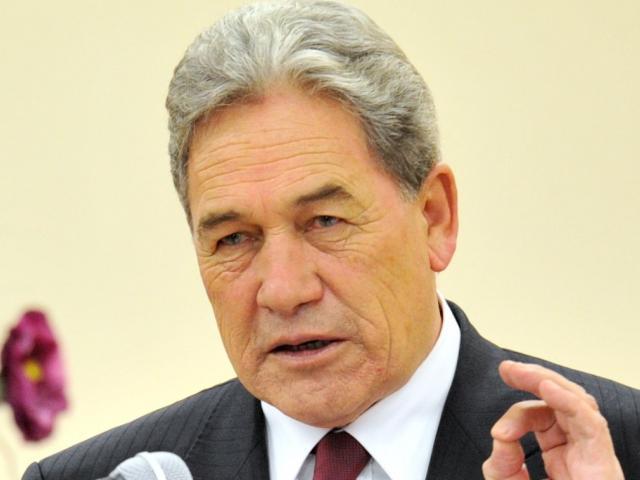
He had, after all, slipped in the polls from 13% to just under 8% as Jacinda Ardern became Labour leader. But, for all their weaknesses, they are an important part of the political landscape.
While they are not ''junk science'', and much effort has gone into making them as accurate as possible, they should be read with caveats.
First, they are volatile, especially at the moment, and as illustrated this week with National bouncing back in the Newshub Reid Research poll released on Tuesday evening. These figures contrasted with the 1News Colmar Brunton poll of last Thursday night, which had Labour consolidating its lead.
These fluctuations might in part be a sign New Zealand's electorate support is bouncing around. But it also might mark, in part, weaknesses in polling. For various reasons, the actual errors could be significantly above the strictly statistical plus or minus percentage margin of error.
The reliability of polls was damaged after the 2015 Conservative victory in Britain. The polls had predicted a hung parliament, and that had affected the campaign. Perhaps there was a late swing, or maybe the polls were just wrong.
The polls before the Brexit vote in June last year also failed to predict the outcome. Likewise, United States polls were found to underestimate support for Donald Trump before last year's presidential election.
There is all sorts of speculation about polling inaccuracy. It has been suggested, for example, many Trump supporters did not want to admit that fact face-to-face or over the telephone to pollsters. The privacy of the ballot box allows citizens to support what they deem less acceptable in public. Perhaps similar forces were at work for Brexit.

Despite the caveats and sometimes failures, polls are nevertheless a reasonable guide, so much so that political parties are willing to spend large amounts on private polling.
They are banned in some countries in the lead-up to election day.
That, though, might be ineffective in the internet age. Private polls could easily eke their way out or be published online overseas. In any event, polls are preferable to relying on rumour and spin.
Polls, for better and worse, have additional significance under MMP and the 5% threshold into Parliament for parties failing to win an electorate seat. Voters should have the right to vote strategically, and to have some idea, albeit flawed, about levels of support.
Some sympathy, though, could be in order for the likes of newcomer The Opportunities Party. It has been polling about 2%, and some might decline to back it until it approaches or breaches 5% for fear of wasted votes. That, however, becomes a self-fulfilling prophecy. It might be that it cannot get close to 5% because too many voters are reluctant to commit.
Mr Peters is not the only one to denigrate polls when they are personally unfavourable. He is correct, nonetheless, to identify the one true poll, the poll that counts - the election itself.












